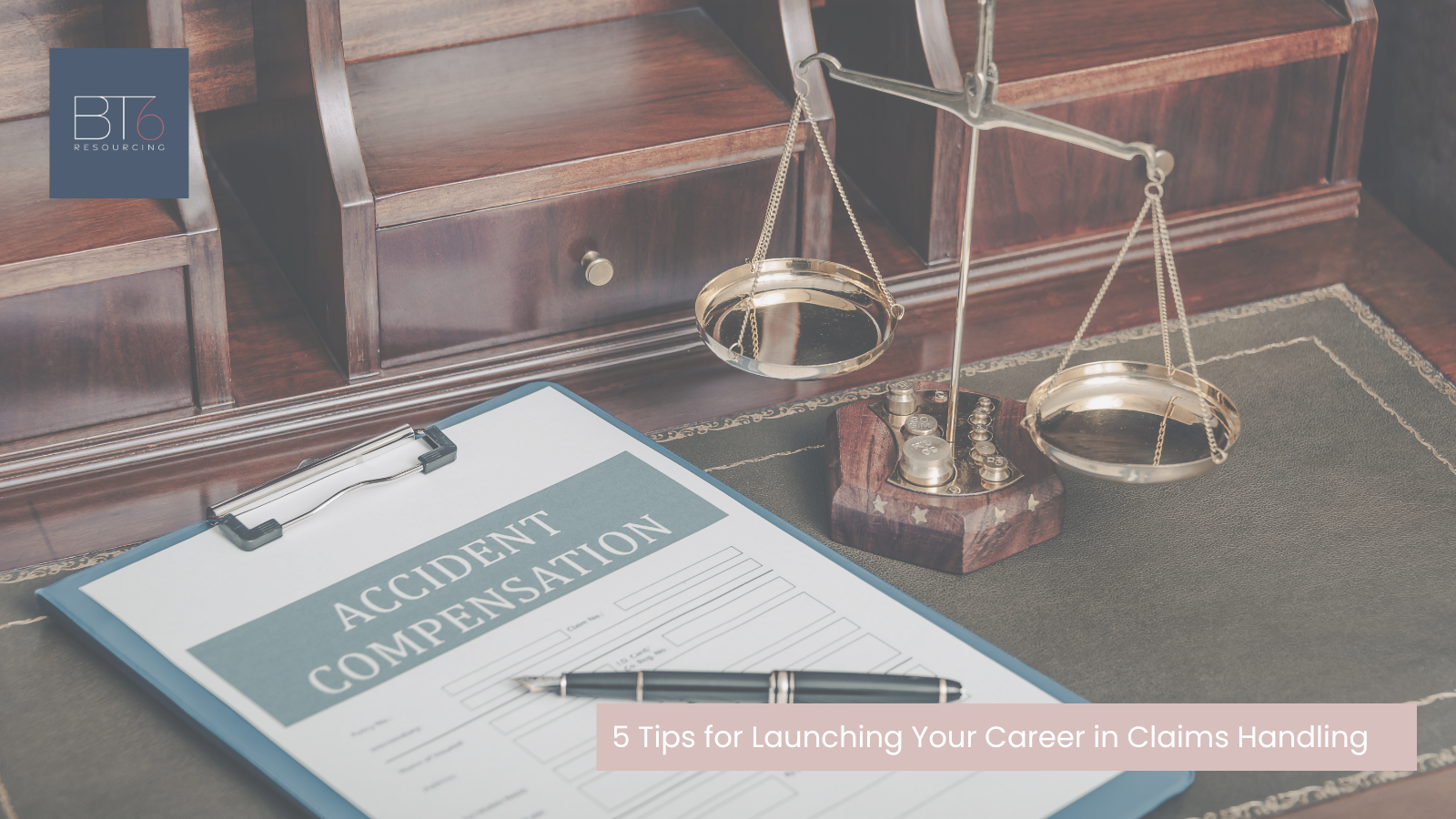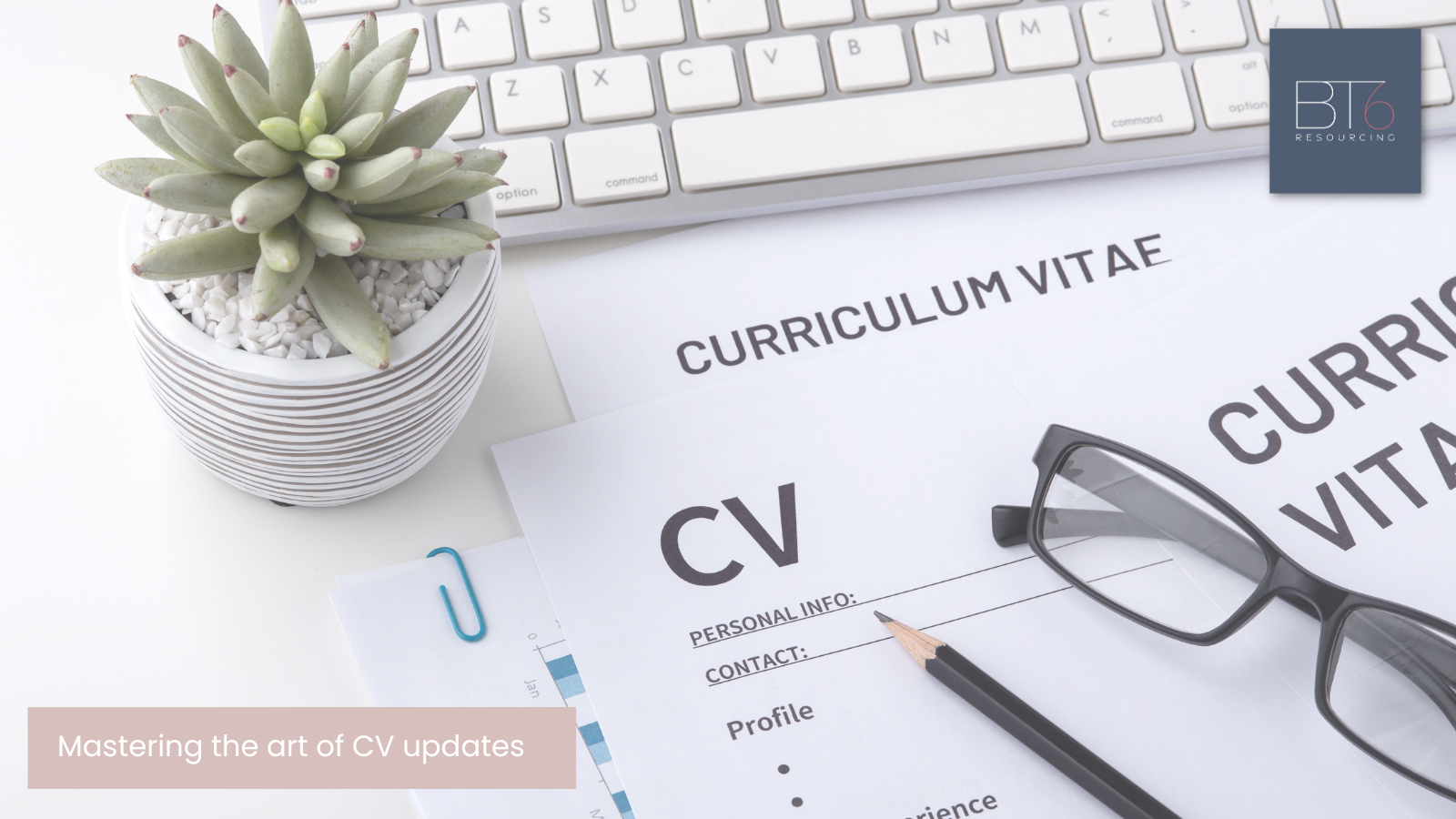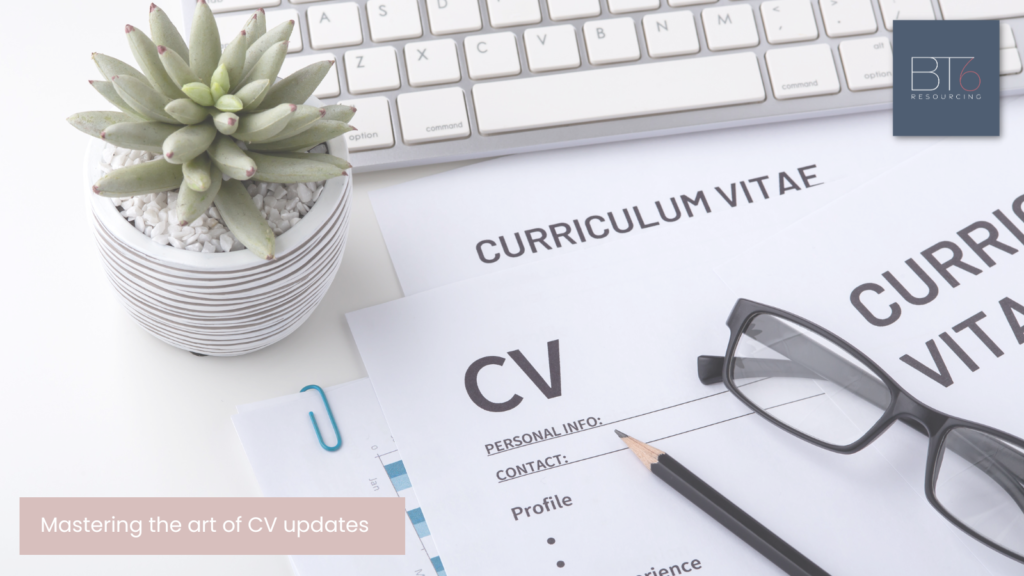
In today's dynamic job market, adaptability and transferable skills have become essential for professionals seeking success in various industries. The insurance sector is no exception, requiring individuals with a diverse skill set to navigate the complexities of risk management and client relations. Whether you're a seasoned professional looking to switch industries or a recent graduate exploring career paths, here are five transferable skills that can pave the way for a rewarding career in insurance.
- Communication Skills: The Bedrock of Client Relations
Effective communication is the cornerstone of success in the insurance industry. As an insurance professional, you'll often find yourself translating complex policy details into understandable terms for clients. Additionally, building rapport and maintaining clear lines of communication with clients, colleagues, and other stakeholders is crucial. Whether it's explaining coverage options or addressing claims concerns, honing your communication skills will set you apart in the world of insurance.
- Analytical Abilities: Decoding Risk in a Data-Driven World
Insurance revolves around the assessment and management of risk. Professionals in this field must possess strong analytical abilities to evaluate data, identify patterns, and make informed decisions. Transferable analytical skills, such as critical thinking and problem-solving, gained in previous roles can be invaluable when assessing the potential risks associated with different insurance policies. The ability to analyse complex information allows insurance professionals to make sound judgments and offer tailored solutions to clients.
- Customer Service Excellence: Fostering Client Trust
Customer service is a universal skill that transcends industries. In insurance, providing exceptional customer service is paramount to building trust and retaining clients. Transferable customer service skills, including empathy, patience, and conflict resolution, are highly sought after. Clients often turn to insurance professionals during challenging times, such as filing a claim after an unfortunate event. The ability to navigate these situations with empathy and professionalism is key to fostering long-term client relationships.
- Adaptability: Thriving in a Dynamic Industry
The insurance landscape is continually evolving, shaped by factors such as technological advancements, regulatory changes, and shifting market trends. Professionals who can adapt to these changes are better positioned for success. Transferable skills related to adaptability, such as a willingness to learn, openness to change, and resilience, are crucial in the fast-paced world of insurance. Whether it's embracing new technologies or staying informed about industry developments, adaptability is a skill that can propel your career forward.
- Negotiation and Relationship-Building: Creating Win-Win Scenarios
Insurance professionals frequently engage in negotiations with clients, underwriters, and other stakeholders. The ability to negotiate effectively, find common ground, and build mutually beneficial relationships is a transferable skill that can elevate your career in insurance. Drawing on experiences from previous roles, such as contract negotiations or collaboration with diverse teams, can provide a strong foundation for success in insurance-related negotiations.
A career in insurance offers a wealth of opportunities for individuals with transferable skills. Whether you're transitioning from another industry or starting your professional journey, emphasising communication, analytical prowess, customer service excellence, adaptability, and negotiation skills will undoubtedly set you on the path to a thriving and fulfilling career in insurance. As the industry continues to evolve, these skills will remain invaluable assets, contributing to your success and making a positive impact on the clients you serve.
Read more career advice and industry insights, over on the BT6 blog. Follow us over on LinkedIn.










